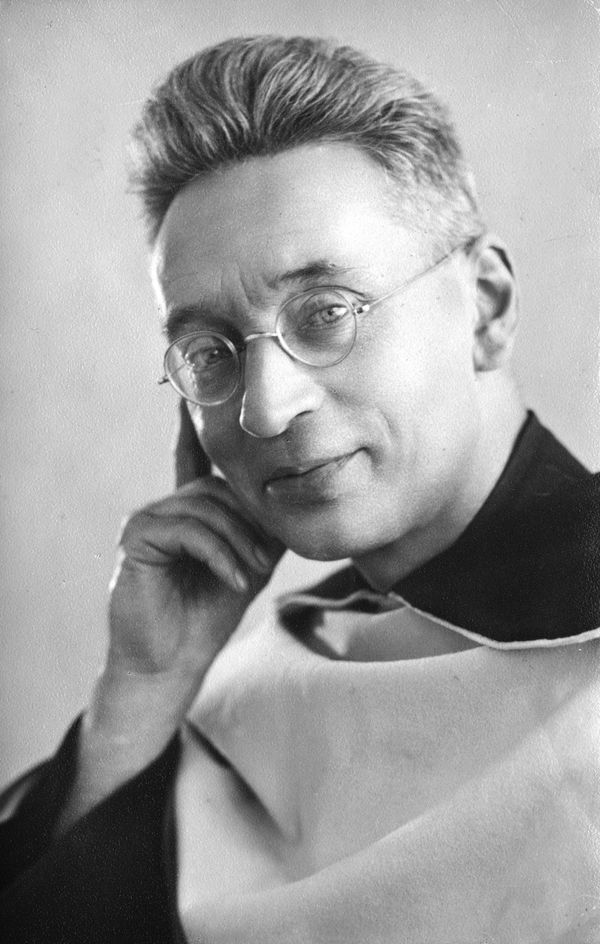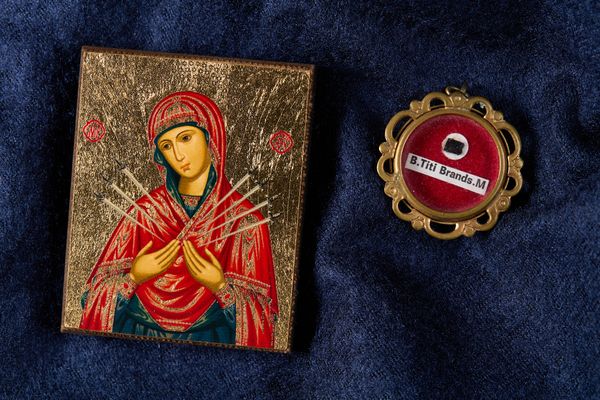Given the birth name Anno, Brandsma and his siblings grew up on their parents’ dairy farm in rural Frisia. As devout Catholics, the family was in the minority among their Calvinist neighbors. From age 11 Anno was educated at a preparatory school for boys who were studying for the priesthood. He joined the Carmelite novitiate in 1898, taking the name Titus in honor of his father.
In the years following his 1905 ordination, Brandsma received a doctorate in philosophy and initiated a project to translate the works of Saint Teresa of Avila into Dutch. One of the founders of the Catholic University of Nijmegen, he served as a professor of philosophy and the history of mysticism at the school. While there Brandsma was known more for his availability to faculty and students than for his academic achievements.
Working as a journalist Brandsma served as ecclesiastical advisor to Catholic journalists. His long-standing opposition to Nazi ideology came to the attention of the Nazis when they invaded the Netherlands in 1940. In direct opposition to the Third Reich, the Conference of Dutch Bishops sent a letter ordering Catholic newspaper editors not to print Nazi propaganda. Fr. Brandsma was arrested while hand delivering the letter in January 1942. After being imprisoned in several other facilities, in June he was taken to the Dachau camp in Germany.
During his brief time at Dachau Fr. Brandsma was well-known for his kindness and spiritual support of other prisoners. His death on July 26, 1942 was a result of the Reich’s program of medical experimentation on prisoners. He gave a wooden rosary to the nurse who administered the fatal injection; she later became Catholic and testified to his holiness. In recent years Brandsma has been honored by both the cities of Nijmegen and Dachau. Titus Brandsma was beatified in 1985, and canonized in 2022.
Credits:
Discriptions of saints lives and biographies have been excerpted, summarized, or compiled from
Franciscan Media,
CatholicSaints.Info,
Catholic Online, and
Wikipedia.

